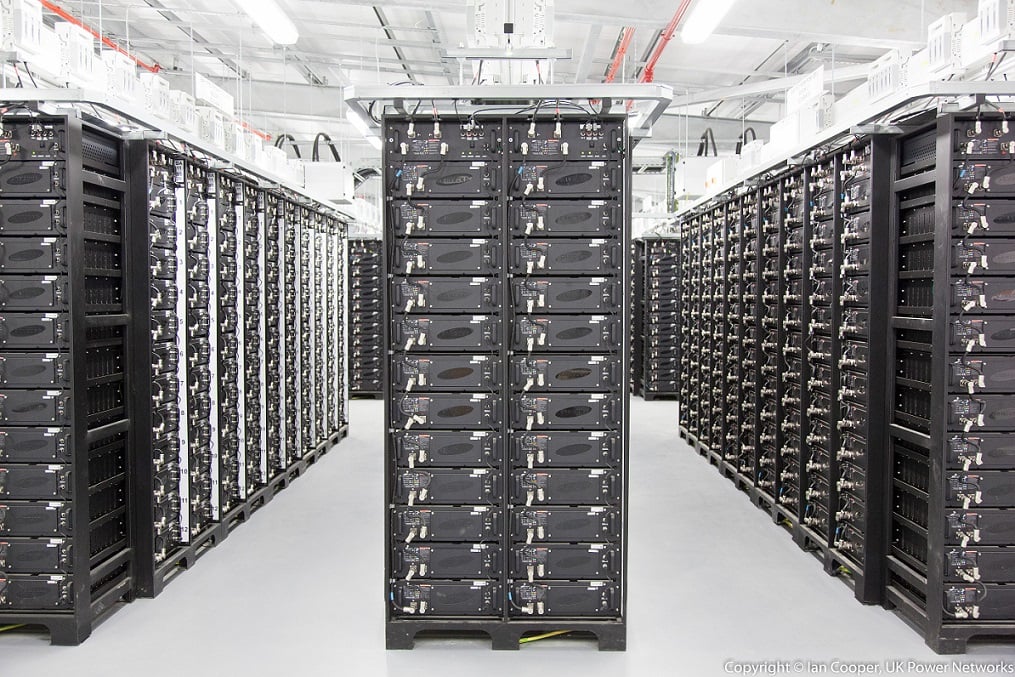
Major solar investor Foresight Group has more UK battery storage projects firmly its crosshairs and could branch out into both C&I and co-located projects in the near future.
Last week the infrastructure investment group made its maiden battery storage purchase, acquiring the 35MW Port of Tyne project from RES.
Enjoy 12 months of exclusive analysis
- Regular insight and analysis of the industry’s biggest developments
- In-depth interviews with the industry’s leading figures
- Annual digital subscription to the PV Tech Power journal
- Discounts on Solar Media’s portfolio of events, in-person and virtual
Speaking to our UK sister publication Solar Power Portal following the deal, Dan Wells, partner at Foresight’s infrastructure team, revealed that the firm was looking at doing more in battery storage in the not too distant future.
“We have a very active pipeline of further lithium ion storage projects and we’re very keen to speak to developers who have pipelines in terms of grid-scale, looking at behind the meter C&I applications [and] co-location with renewables,” he said.
The Port of Tyne project is one of a handful of battery storage projects in the UK which have the luxury of being supported by both Enhanced Frequency Response and Capacity Market revenue streams, sources which Wells revealed make up for more than 50% of the project’s revenue stack.
Wells said Foresight did not have a minimum target on the proportion of contracted revenues it would seek from further battery purchases, merely that the investment approach would be adapted to take into account the short-term basis of un-contracted revenues.
And it’s this adapted approach that is more likely to be taken into other battery storage markets, particularly in the C&I field.
“It does require a somewhat different mind-set because these will be mostly assets with a lower contractual coverage, and it will be that we'll be looking at other frequency regulation revenues.
“Our view on life is just to be somewhat conservative over the size of the frequency regulation market, and cognisant of the fact it may become saturated in the not too distant future, and therefore our downside scenarios are around looking at where the revenue streams come from in those cases,” he said.
Four-times oversubscribed
National Grid’s EFR tender was four-times oversubscribed with circa 1GW of applications bidding for just 200MW worth of tender allowance, evidence of significant interest in the UK’s frequency regulation market.
The UK grid operator last week outlined plans to overhaul this service market and has proposed to combine both the EFR and FFR tenders into one, broader auction pencilled in for March 2018.
Meanwhile Foresight has refused to rule out purchasing aggregated portfolios of smaller storage installations – much like how it has taken on rooftop solar portfolios – provided it can find the right partners to work alongside.
“Our mindset is that as an investment manager our job is to put large amounts of institutional and retail capital to work. But, the way the energy space is going is that you have to be able to look at decentralised, programmatic-type investments as well as chunky, single-site type assets. That's just how it's evolving,” Wells said.






